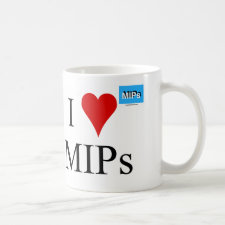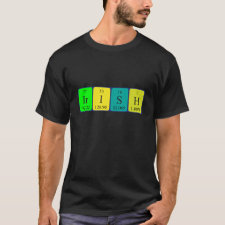
Authors: Donato L, Chiappetta G, Drioli E
Article Title: Surface Functionalization of PVDF Membrane with a Naringin-Imprinted Polymer Layer Using Photo-Polymerization Method.
Publication date: 2011
Journal: Separation Science and Technology
Volume: 46
Issue: (10)
Page numbers: 1555-1562.
DOI: 10.1080/01496395.2011.575429
Abstract: Aim of this work was the preparation of molecularly imprinted membranes by surface modification of microfiltration polyvinylidene fluoride membranes with a thin layer of molecular imprinted polymer by UV irradiation. The flavonoid naringin (4,5,7-trihydroxyflavanone-7-rhamnoglucoside) was used as template molecule. The compound 4-vinylpyridine was used as functional monomer. Benzoin ethyl ether and ethylene glycol dimethacrylate were used as photo-initiator and cross-linker, respectively. Membranes were also modified in the absence of naringin and used as reference (blank). Imprinted membranes prepared in this work could be applied as a new separation devices in affinity filtrations aimed to reduce naringin content in grapefruit and improve its benefit properties. The method used to prepare them offers the advantage to combine the mechanical integrity of the membrane support with the selective recognition properties of the imprinted polymer layer. The recognition properties of all prepared membranes were evaluated by their capability to retain naringin in aqueous solution during filtration tests. Results showed that imprinted membranes exhibited specific binding properties for template molecules. Blank membranes only showed non-specific binding. The selectivity of the naringin-imprinted membranes was tested evaluating their bound property toward the rutin, a structural analogue of naringin
Template and target information: naringin, 4,5,7-trihydroxyflavanone-7-rhamnoglucoside
Author keywords: Imprinted membranes, modification degree, naringin, Photo-polymerization, selectivity, Specific binding



Join the Society for Molecular Imprinting

New items RSS feed
Sign-up for e-mail updates:
Choose between receiving an occasional newsletter or more frequent e-mail alerts.
Click here to go to the sign-up page.
Is your name elemental or peptidic? Enter your name and find out by clicking either of the buttons below!
Other products you may like:
 MIPdatabase
MIPdatabase









